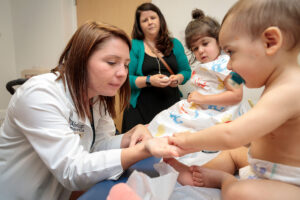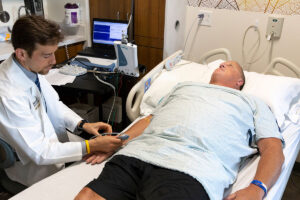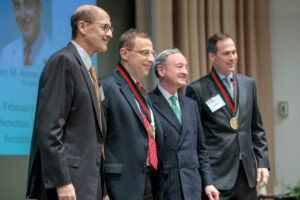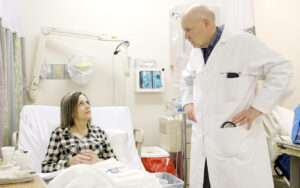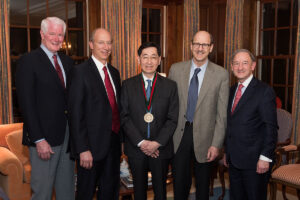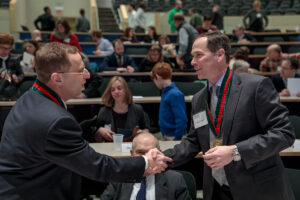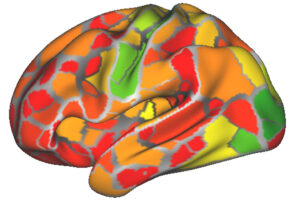The frequency of brain tumors has been underestimated in children with the common genetic syndrome neurofibromatosis type 1 (NF1), according to a new study. This disorder is characterized by birthmarks on the skin and benign nerve tumors that develop in or on the skin. Brain tumors also are known to occur in children and adults […]
Brain tumors occur often in kids with common genetic syndrome (Links to an external site)
